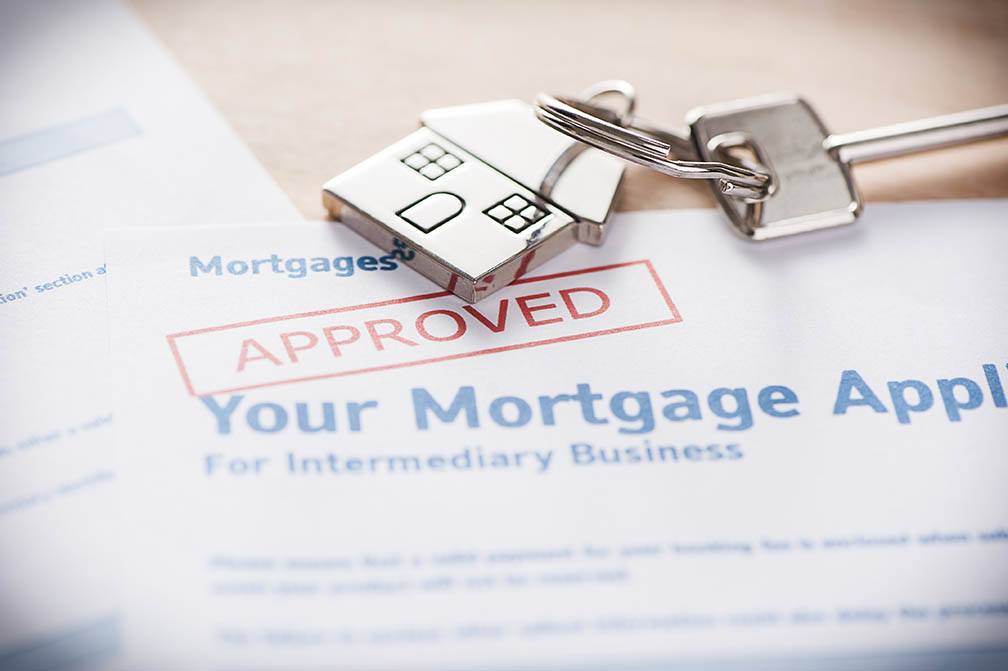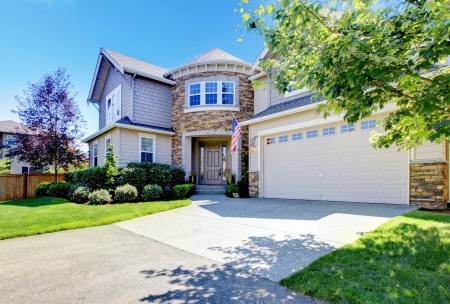Case-Shiller: Home Price Growth Slows in April
 Case-Shiller’s National Home Price Index indicated slower home price growth in April. Year-over-year, home prices rose 5.50 percent in April as compared to 5.60 percent in March. Year-over-year readings are calculated on a seasonally-adjusted annual basis.
Case-Shiller’s National Home Price Index indicated slower home price growth in April. Year-over-year, home prices rose 5.50 percent in April as compared to 5.60 percent in March. Year-over-year readings are calculated on a seasonally-adjusted annual basis.
Case-Shiller’s 20 City Home Price Index was also lower with a seasonally-adjusted year-over-year reading of 5.70 percent gain in April as compared to the year-over-year March reading of 5.90 percent. Seattle, Washington held on to its lead for home price growth with a year-over-year reading of 12.90 percent; Portland Oregon followed with a year-over-year reading of 9.30 percent, and Dallas, Texas maintained third place in the 20-City Home Price Index with a year-over-year reading of 8.40 percent.
Month–to–Month Home Prices Rise in 19 of 20 Cities
Seattle also led in home price growth with a rate of 2.60 percent from March to April. Portland followed with home price growth of 1.60 percent, and Denver, Colorado reported month-to-month home price growth of 1.30 percent, which edged Dallas Texas out of third place in month-to-month home price growth rates.
Analysts have been watching housing markets carefully due to a prolonged shortage of homes for sale against high demand for homes in many areas. David M. Blitzer, Chair and Managing Director of the S&P Indices Committee, noted that skyrocketing growth in home prices must slow and eventually decline. During a press conference, he asked,” Will home price gains gently slow, or will they crash and take the rest of the economy with them?”
Analysts questioned how long home prices can continue to grow and remain sustainable. Affordability is a significant aspect of home price growth as first-time and moderate-income home buyers provide opportunities for present homeowners to sell and move up to larger homes. Mr. Blitzer eased fears of an imminent housing market crash and said, “For the moment, conditions appear favorable for avoiding a crash.”
Mr. Blitzer said that more housing starts and an expected increase in home buyers were positive signs for sustaining current home prices. Upcoming readings on consumer confidence and sentiment, new home sales and mortgage rates will support estimates of when and how much home prices will continue to increase.

 Whether you’re finally prepared to get into the real estate market or you want to know how you can make a deal quick, there are a few necessary documents you’ll need to prove your reliability to a mortgage lender. If you’re wondering what will be involved in getting the application approval you’re looking for, here are the documents you’ll want to have on hand when the time comes.
Whether you’re finally prepared to get into the real estate market or you want to know how you can make a deal quick, there are a few necessary documents you’ll need to prove your reliability to a mortgage lender. If you’re wondering what will be involved in getting the application approval you’re looking for, here are the documents you’ll want to have on hand when the time comes. Last week’s economic news included readings on sales of new and previously owned homes. Despite expectations of lower sales in both categories, sales surpassed expectations and April sales. Analysts were concerned about extremely tight inventories of available homes limiting home sales and did not expect May home sales to increase.
Last week’s economic news included readings on sales of new and previously owned homes. Despite expectations of lower sales in both categories, sales surpassed expectations and April sales. Analysts were concerned about extremely tight inventories of available homes limiting home sales and did not expect May home sales to increase.